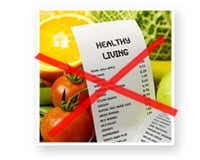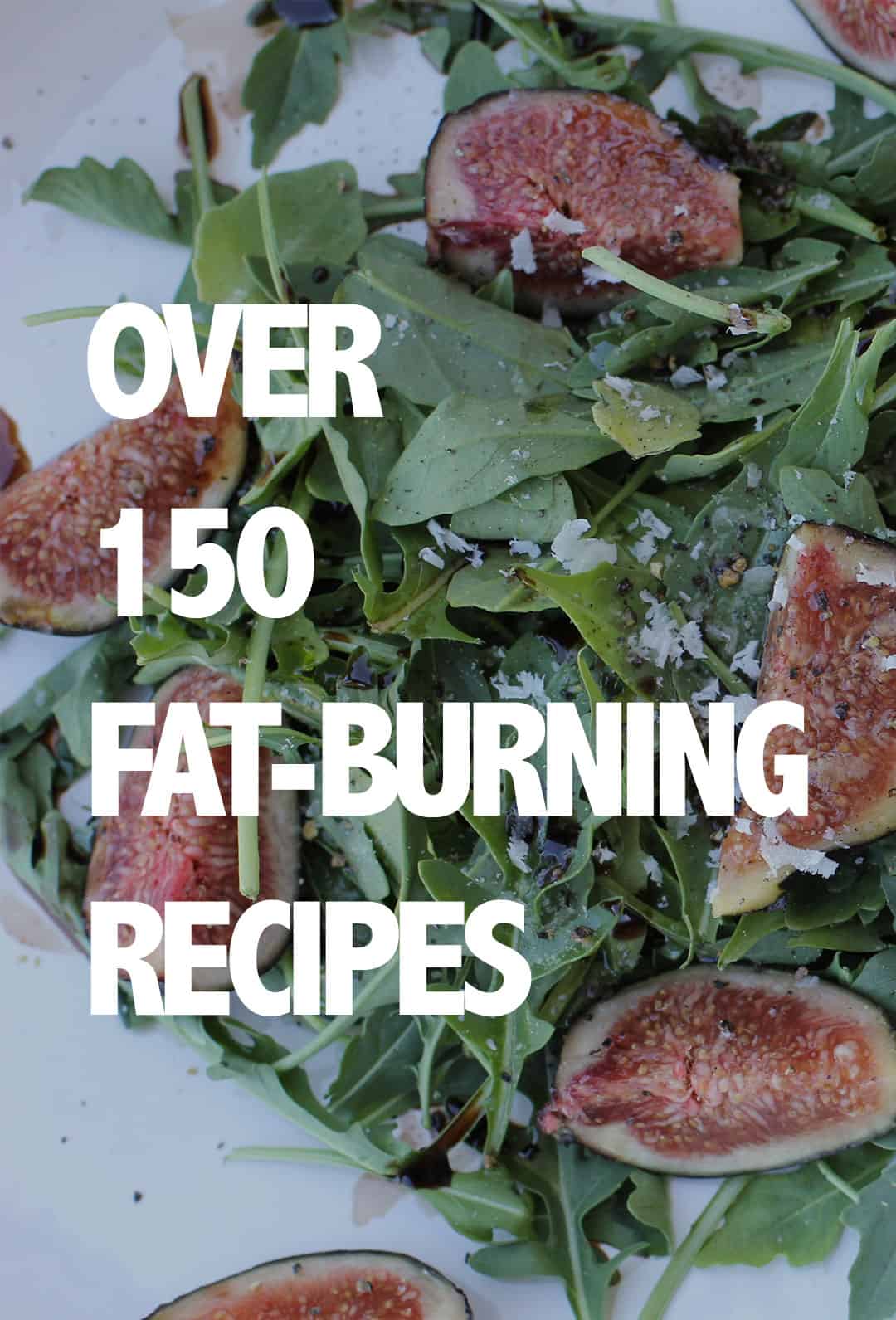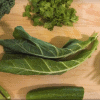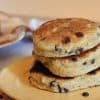7 Biggest Lies of Mainstream Nutrition
1. “Eggs Are Evil”
This one hits close to home because delicious omelets are one of my favorite foods. Eggs get a bad rap because they contain a large amount of cholesterol, therefore people think eggs will increase their risk of heart disease.
Lucky for you and I, science is showing that cholesterol in the diet doesn’t really raise the cholesterol in the blood. Eggs actually have the opposite impact. Eggs raise the “good” cholesterol and are not shown to increase the risk of heart disease.
Here’s the truth: Eggs are one of the most nutrient dense foods in the grocery store. They are loaded with a variety of nutrients and even powerful antioxidants to protect your eyes.
And guess what? You can try out four of the best tasting egg recipes that burn fat on the next page and experience greater weight loss compared to the standard “bagel breakfast”.
2. “Eat Small Meals Frequently To Keep Your Metabolism Boosted”
Have you been told to eat lots of smaller meals every few hours in order to “keep your metabolism boosted”? This advice is often practically useless unless you’re a 250-pound bodybuilder with mammoth amounts of muscle that demand constant energy.
Yes, eating gives your metabolism a mini boost while you’re digesting the food,but it’s the total amount of food on your plate that determines how much you boost your metabolism, NOT the number of meals.
Controlled studies have put this theory to the test and it’s been refuted over and over. The results showed that there is no difference in a metabolism boost when you compare a group who eats many small meals to a group which consumed fewer larger meals. Another interesting study on obese men revealed that eating 6 meals per day led to less feelings of fullness compared to 3 meals.
On the next page you’ll learn how and when to eat based on YOU.
3. “Too Much Protein Is Bad For Your Bones and Kidneys”
I bet you’ve been warned not to eat too much protein because it may result in both osteoporosis and kidney disease? If so, you’re not alone.
Yes, a higher protein diet excretes more calcium from the bones in the short term, however, long term studies show the opposite effect, which is great!
Sustaining a high protein diet throughout your life has been shown to have a strong association with bone health and lower risk of fracture.
Even further, if you are considered healthy, enjoy your high protein diet because there is no association with kidney disease.
What really shocked me was when I learned that the two main risk factors for kidney failure and diabetes are high blood pressure and guess what improves both? High protein!
You’ll learn exactly what kind of proteins you can eat more to weigh less by using the system on the next page.
4. “Avoid Saturated Fat”
Did you know this lie has been proven completely wrong because it was based on highly flawed studies and corrupt political decisions?
There was a huge paper published in 2010 examining 21 prospective epidemiological studies with a total of 347,747 subjects. The conclusion?Saturated fat and heart disease had absolutely zero connection.
Thankfully, brilliant researchers cleared this one up for us so that you can enjoy delicious fat-burning recipes that include meat, coconut oil, cheese, bacon and butter found on the next page.
5. “Grains Are Great”
The most popular grain in the western diet, easily, is wheat… and wheat is held responsible for a line up of legitimate health problems.
Today’s wheat found in grocery stores contains a protein called gluten and it comes in high amounts. Science supports that a big segment of the world is sensitive to it.
The concerns with gluten are legitimate; it’s not another case of fear-mongering. Studies have shown that gluten can harm the intestinal lining, cause pain, bloating, stool inconsistency and tiredness. Consuming gluten has been linked to brain disorders such as schizophrenia and cerebellar ataxia.
Visit the next page and try some of the tastiest fat burning recipes that are 100% gluten free.
6. “Low Carbs = Dangerous”
Be aware of “diet gurus” and mainstream media that demonize low-carb diets. In actuality, it’s their own advice that is causing more DANGER and less help.
Science has strongly supported better outcomes. Here are the results of a series of randomized controlled trials on low-carb diets:
- Result in less body fat than calorie-restricted low-fat diets, despite the fact that low-carb dieters are able to eat as much as they desire.
- Show a significant reduction in blood pressure.
- Lower blood sugar and improve symptoms of diabetes much more than low-fat diets.
- Increase HDL (the good) cholesterol much more.
- Lower triglycerides much more than low-fat diets.
- Decrease in LDL (the bad) cholesterol.
- Are easier to stick to, likely because they don’t rely on complicated calorie counting or restriction of calories (aka…you starve all the time.) More people are able to complete low-carb studies, too.
On the next page you can get the exact low-carb recipes that help you lose fat FASTER.
7. “High Fat Diets = Make You Fat”
This one always tricked me because you would think that following a high fat diet would get you fat, right? Wrong!
The human body doesn’t work like that. Despite the fact that fat has more calories than protein and carbohydrates per gram, high fat diets do not get people fat.
So what does the science say? It’s quite clear: Diets high in fat and lower in carbs cause much greater fat loss than diets low in fats. You’ll learn exactly what kind of fats you can eat to burn MORE fat using the system on the next page.
“Flavia, what do I do next?”
As a certified nutritionist, trainer and Registered Nurse, I have helped more than 20,000 females get fit and gain control of their eating, even those who have tried and failed before.
On the next page, I’ll share some really good news with you. You’ll discover…
- How To Lose Weight Fast: A Proven 3-Step Plan That Works
- 5 Reasons Why Your Cookbook Is Making You Fat
- Why Calorie Counting Is Absolutely Meaningless
- How To Eat More Food to Lose More Fat
- 150 Recipes To Lose Fat On Autopilot
And Much, Much More…








